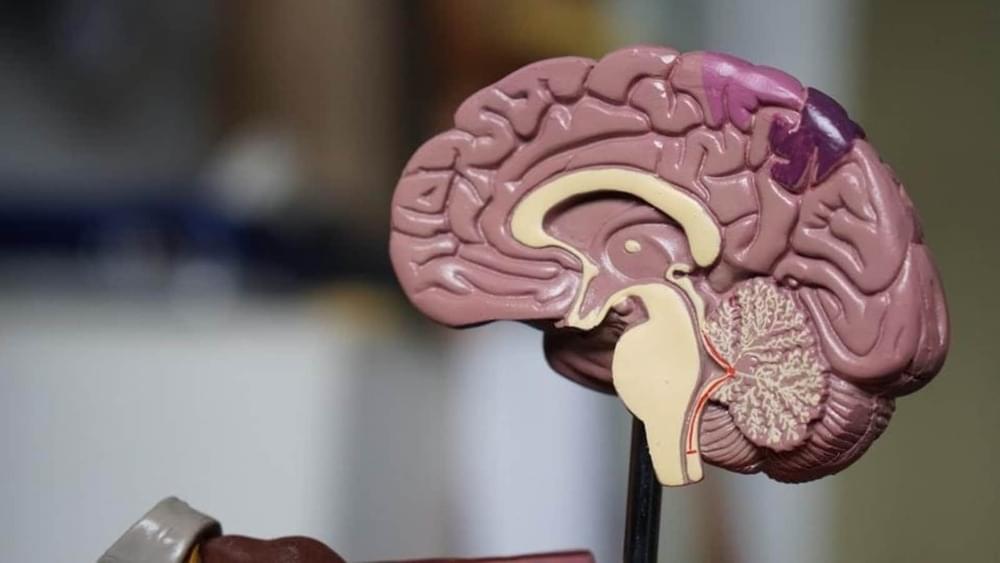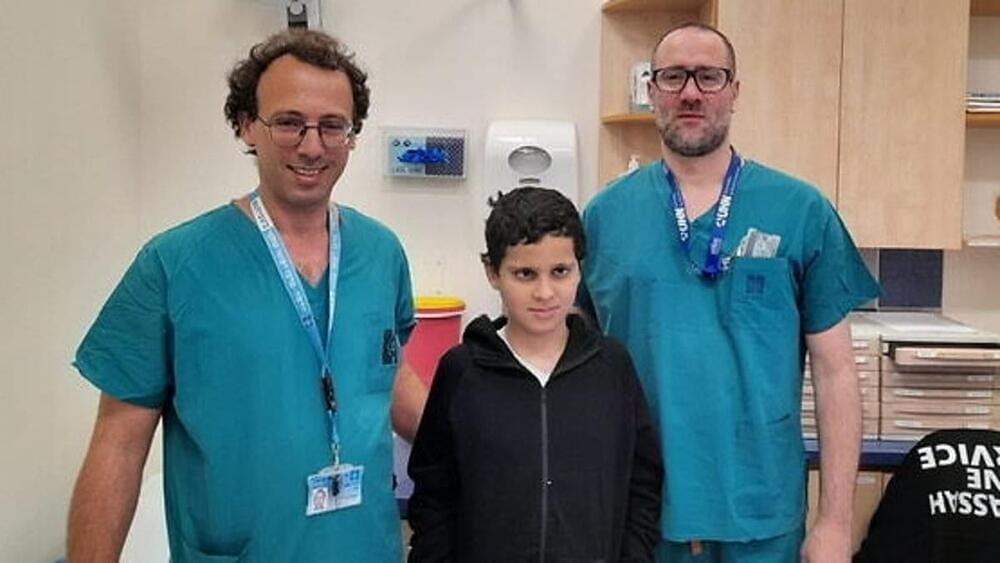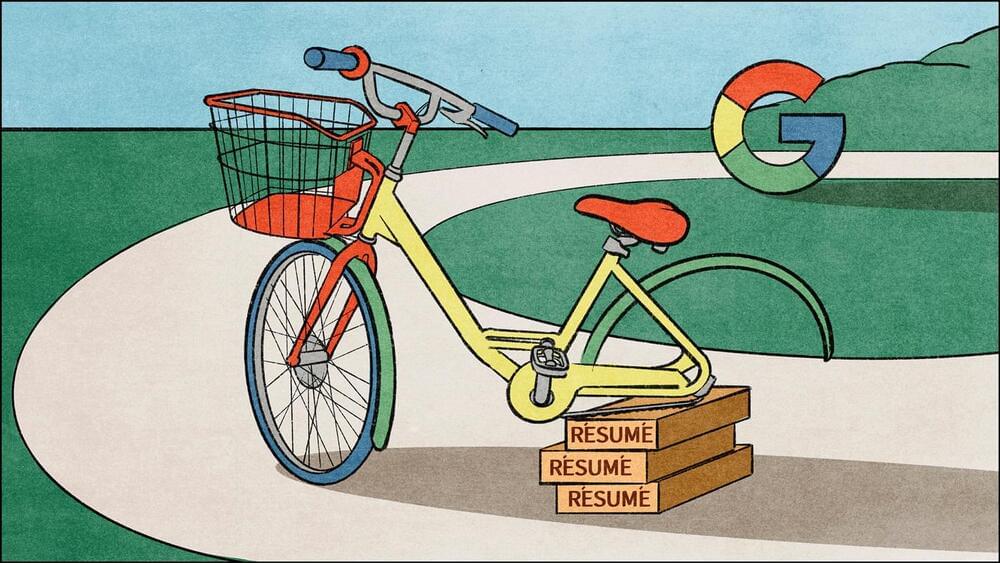The study explores the possibility of natural killer cells as an alternative for treating neuropathic pain.



Doctors in Israel have re-attached a boy’s head after he was hit by a car while riding his bike.
Twelve-year-old Palestinian Suleiman Hassan, from the West Bank, suffered an internal decapitation — where the base of the skull and the top of the spine become detached, but the skin is still intact.
Decapitation is the total separation of the head from the body. Internal decapitation occurs when sudden impact to the head causes the ligaments and muscles holding the skull in position on the top vertebrae of the spine to tear.

In it, he explores how we can make better, scientifically informed predictions about the world around us, using maths. “Mathematics can provide us with the objective tools to bypass the foibles of our own biology – the limitations imposed by our own thought processes, the compulsions that ultimately make us human, but let us down when it comes to making inferences about the world around us,” he writes. “They are humanity’s shortcuts: the preconceptions and cognitive biases, refined over millennia of evolution, that all too often lead us astray when we try to apply our brain’s old rules to our society’s new environments.”
No matter how tempting it is to think, “Ooh, that’s a bit spooky” when faced with a completely random coincidence or chance occurrence, we should all be expecting unusual things to happen all the time, he says.
Yates describes a person who, when browsing in a secondhand bookshop far from where they grew up, opens a copy of their favourite children’s book, only to find their own name inscribed inside. Yet, he says, “the law of truly large numbers” dictates that, just as someone wins the lottery almost every week, with enough opportunities, such extraordinary coincidences are far more likely to happen than you might think. “There are so many different types of coincidences that make us say: ‘Well, that’s extraordinary.’ But it’s not unlikely that some of them happen to us every so often.”



When people say there s no money for advanced AI research, robotics research, energy research, etc… etc… take a close look at who was rollin in money and buyin below items.
“The fraud was so easy to commit. All of the information was self-reported and none of it was verified or checked,” Haywood Talcove of LexisNexis Risk Solutions told The Post.
“During the height of the pandemic, it was really hard to purchase [luxury] items like a Rolls-Royce, or a high-end Mercedes because you had people walking in with cash from the PPP program to purchase those items for whatever the dealer was asking,” Talcove said.
Justice might finally be catching up with some of the fraudsters: A total of 803 arrests have taken place as of May 2023 for pandemic fraud, the SBA said.
Donald Fagen’s ode to the future-that-never-was as seen from the vantage point of the Eisenhower and Kennedy years — a vision fueled by the bounty of the Nuclear Age and the Space Age, with perhaps a cautionary note or two. From 1982’s “The Nightfly” (Live at the Beacon Theatre, New York, NY; March 7, 2006)


Theoretical physicists have a lot in common with lawyers. Both spend a lot of time looking for loopholes and inconsistencies in the rules that might be exploited somehow.
Valeri P. Frolov and Andrei Zelnikov from the University of Alberta in Canada and Pavel Krtouš from Charles University in Prague probably couldn’t get you out of a traffic fine, but they may have uncovered enough wiggle room in the laws of physics to send you back in time to make sure you didn’t speed through that school zone in the first place.
Shortcuts through spacetime known as wormholes aren’t recognized features of the cosmos. But for the better part of a century, scientists have wondered if the weft and warp instructed by relativity prescribe ways for quantum ripples – or even entire particles – to break free of their locality.
Systemic lupus erythematosus is the most common form of lupus, and is an autoimmune disorder in which the body attacks its own tissues, leading to widespread inflammation. The disorder causes skin rashes, joint pain or swelling, and extreme fatigue, and tends to cycle between periods in which symptoms are milder, and flares when symptoms are far more severe. Now scientists have found that there is sometimes an increase in the number of gut bacteria called Ruminococcus blautia gnavus while lupus patients were having flares. The findings have been reported in the Annals of Rheumatic Diseases.
In this very small study, researchers compared the gut microbes from lupus patients to healthy volunteers. They determined that over a four-year period, five of the sixteen lupus patients in the study had blooms of R. gnavus while they were also experiencing a disease flare. Four of the patients that carried R. gnavus blooms also had the most severe forms of lupus.